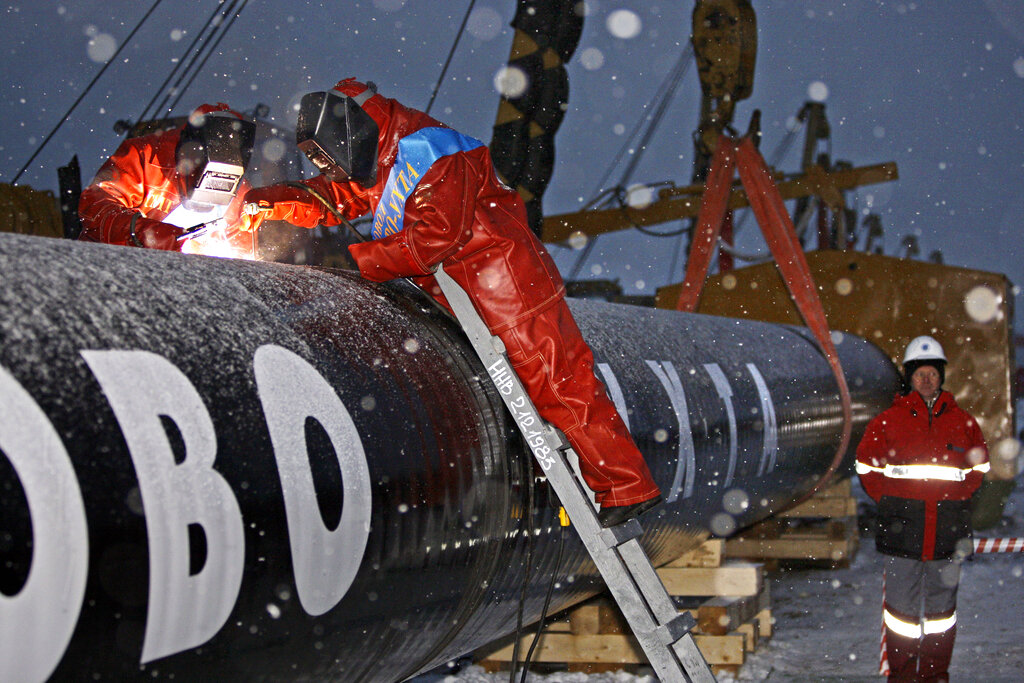The European Commission has no proposal to deal with the negative effects of a possible Russian oil embargo, so the Hungarian government will stick to its original position that pipeline transport should be exempted from such a ban, stated Minister of Foreign Affairs and Trade Péter Szijjártó in a Facebook post on Wednesday.
The head of Hungary’s foreign ministry warned that if Brussels’ current proposal comes to pass, it would inflict massive damage to Hungary, as it would completely destroy the energy security of the country, which is currently on stable footing.
[pp id=36406]
The EU’s sanctions measure would result in an increase in the price of fuel by about 55 to 60 percent, with experts calculating increases of at least 700 Hungarian forints (€1.83) for gasoline and 800 forints (€2.1) for diesel per liter. In addition, these price increases would translate into higher prices for a range of other products that rely on Russian energy, including food, according to Szijjártó.
“We have made it clear to the European Commission that we can only vote in favor of the proposal if Brussels also proposes a solution to the problem created by Brussels,” the minister said.
“We expect such a proposal not only for the of millions of dollars in conversion costs of our oil refineries, but also for the hundreds of millions in capacity increase of the oil pipeline to Hungary via Croatia, and also for the future of the Hungarian economy,” he added.
Szijjártó emphasized that all this would require a modernization program in the structure of the Hungarian energy supply on the order of many billions of euros. He then pointed out that it had become clear in the negotiations so far that Brussels had no acceptable solutions in this regard.
Therefore, the government has returned to its original position that the imposition of an oil embargo on Russia would only be realistic if it applied only to maritime transport routes, while pipeline transit would be fully exempted, the minister stressed.





